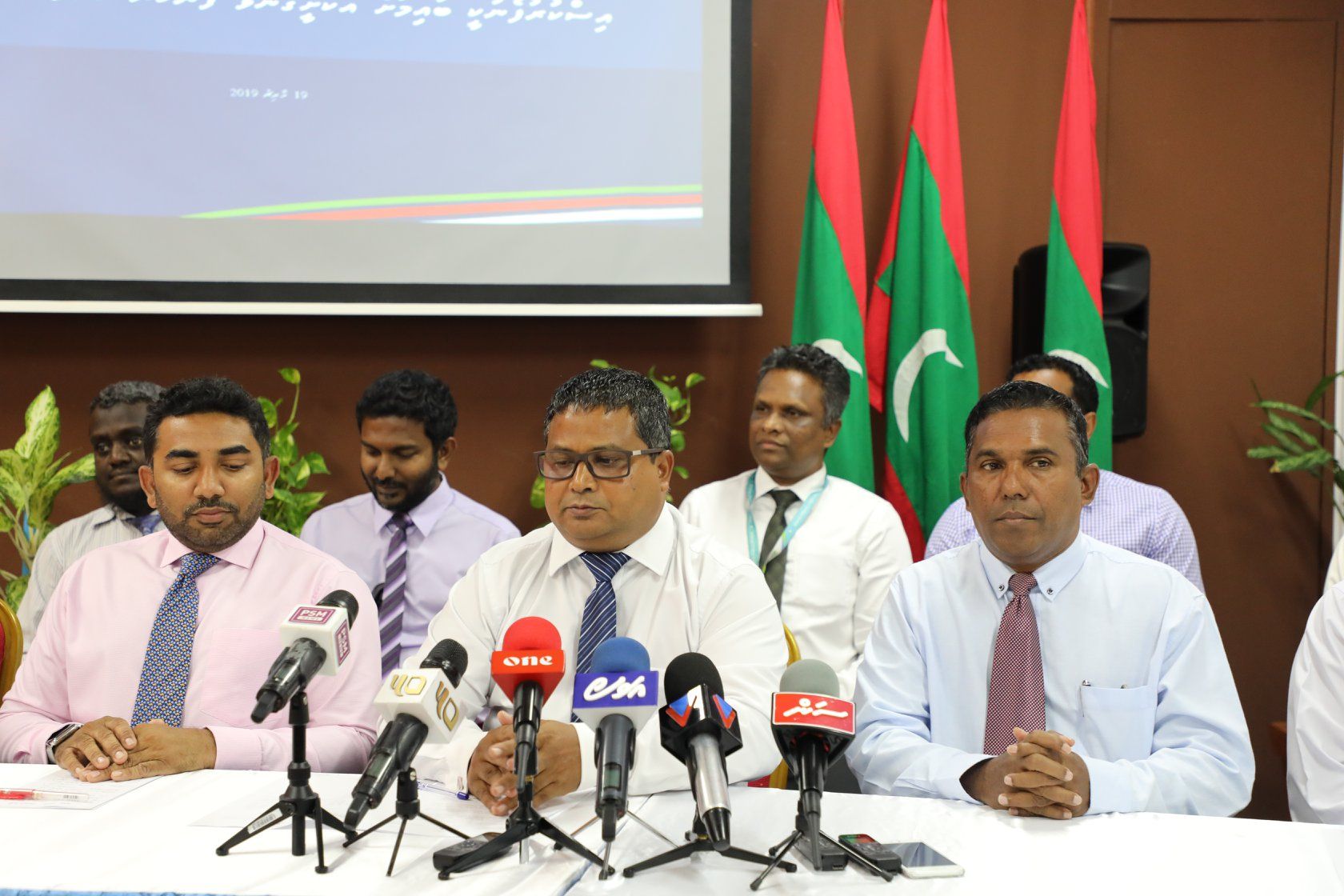Tap water consumption encouraged to reduce use of plastic bottles
Malé piped water was touted as the highest quality in South Asia.

20 Mar 2019, 09:00
Several government agencies on Tuesday vouched for the safety of tap water for drinking in a push to discourage the use of bottled water.
More than 280,000 plastic water bottles are used daily in the capital alone. Most households rely on the locally produced bottled mineral water for drinking.
But water piped to households by the Malé Water and Sewerage Company is of the highest quality in South Asia and “well above” World Health Organisation standards, Environment Minister Dr Hussain Rasheed Hassan assured at a press briefing.
A multi-agency effort involving the environment’s ministry’s water department, the health ministry, the Environment Protection Agency, and the Maldives Food and Drug Authority was launched as part of the new administration’s campaign against single-use plastics.
Become a member
Get full access to our archive and personalise your experience.
Already a member?
Discussion
No comments yet. Be the first to share your thoughts!
No comments yet. Be the first to join the conversation!
Join the Conversation
Sign in to share your thoughts under an alias and take part in the discussion. Independent journalism thrives on open, respectful debate — your voice matters.




